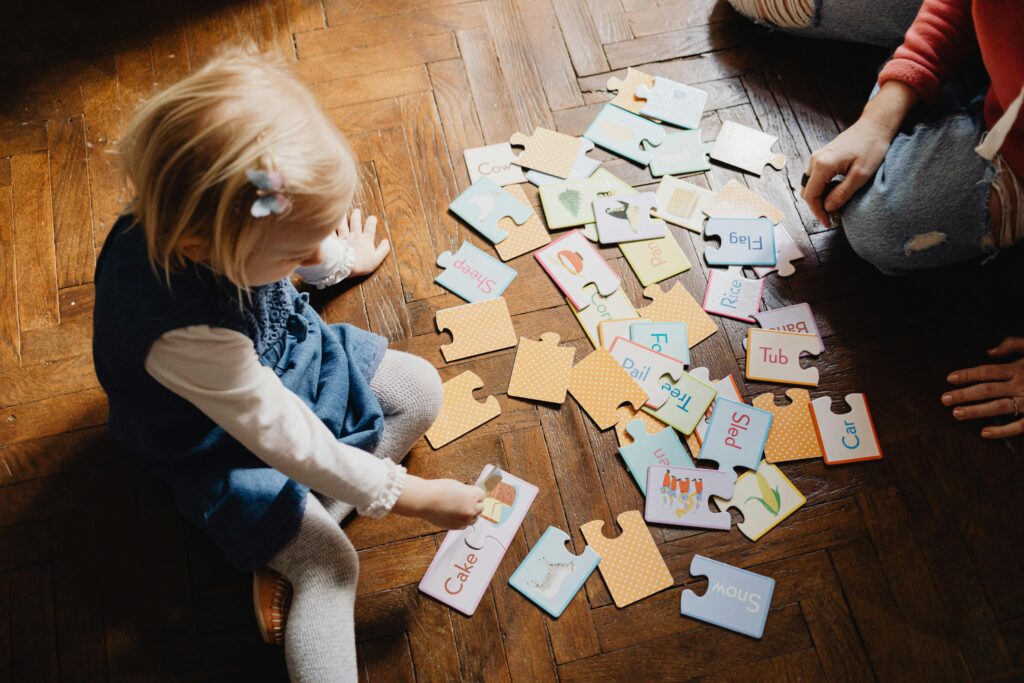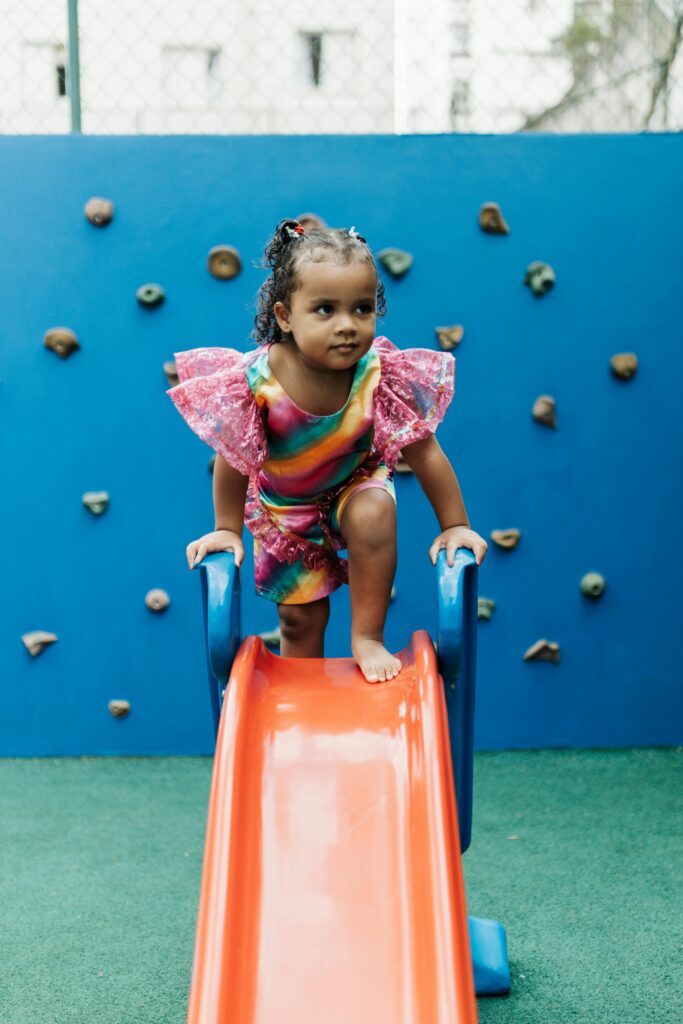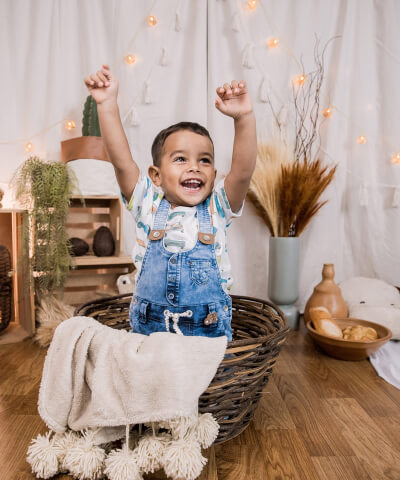Uncover a realm of Fun & Learning

At The Little Castle, our Playgroup Program is thoughtfully designed for toddlers aged 2 to 2.11 years — a critical window in brain development. Our approach is rooted in scientific research on early childhood education, ensuring that your child experiences a rich, stimulating environment that supports cognitive, emotional, and social growth.

Why This Age Matters: Science Behind Early Brain Development
Did you know? By age 3, a child’s brain forms over 1 million neural connections per second. According to the Center on the Developing Child at Harvard, early experiences have a lasting impact on the architecture of the brain.
Our program harnesses this crucial period by:
• Encouraging active exploration
• Promoting language and motor skill development
• Fostering emotional security and social bonding
🧩 Our Scientific Learning Approach
We combine Montessori-inspired methods, Reggio Emilia principles, and play-based learning supported by Howard Gardner’s Multiple Intelligences Theory. This ensures that each child’s unique strengths are nurtured in a holistic way.
💡 Key Learning Areas:
• Sensory Development: Touch, smell, sound, sight through multi-sensory toys and textures
• Gross & Fine Motor Skills: With climbing frames, stacking games, puzzles, and crayons
• Language Enrichment: Storytelling, rhyme time, and picture word association
• Emotional Expression: Puppet play, drama corners, and structured “feelings time”
• Social Skills: Circle games, group art, and cooperative play zones



